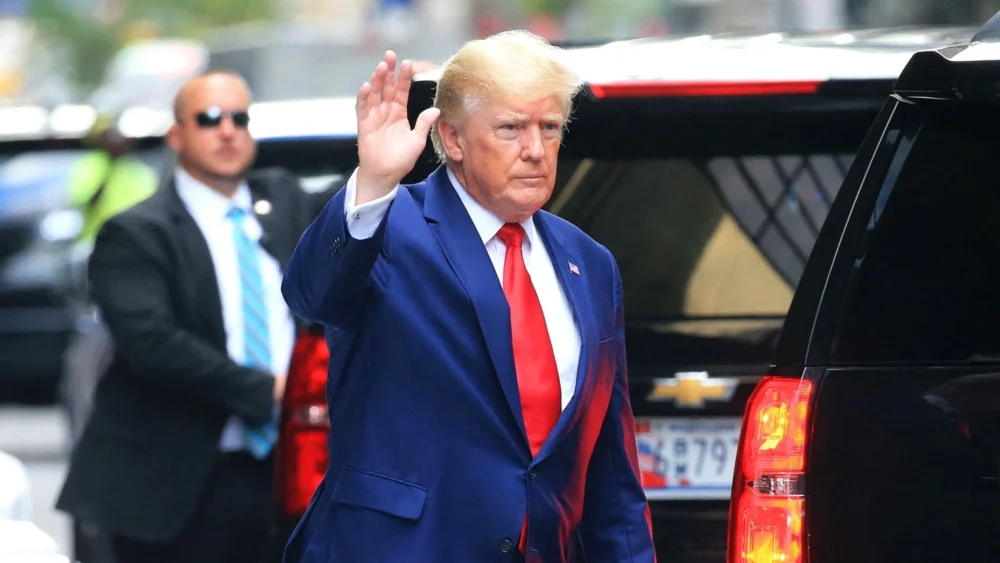President Donald Trump’s once unshakable grip on the Republican Party is showing signs of strain, as a series of electoral setbacks, legislative defeats, and internal disputes have raised questions about his enduring dominance. While Trump has repeatedly demonstrated resilience in moments of political crisis, the latest developments suggest the GOP is beginning to grapple with a post‑Trump future.
The most visible warning sign came in recent statewide elections, where Democratic candidates scored decisive victories in New Jersey, Virginia, Georgia, and Pennsylvania. These wins shattered expectations of close contests and underscored that even Trump cannot defy political gravity indefinitely. In the days following, Trump reverted to familiar tactics—recycling grievances, berating party members, and weighing in on intra‑MAGA debates about antisemitism and bigotry. Yet the tone of his interventions reflected frustration rather than control.
One of the sharpest rebukes emerged around the release of Justice Department records tied to Jeffrey Epstein. For months, Trump pressured congressional Republicans to halt efforts to obtain the files, citing concerns about transparency and political fallout. His campaign targeted figures like Rep. Lauren Boebert, but the pressure failed. Even allies such as Rep. Marjorie Taylor Greene resisted, leading to a public rupture in their relationship. Hours before an overwhelming House vote, Trump reversed course and endorsed the measure, a move that avoided a humiliating defeat but underscored his waning influence.
Trump’s setbacks extended beyond Congress. In Indiana, state Republicans rejected his push to redraw congressional maps to secure an additional GOP seat in the 2026 midterms. At the Supreme Court, justices—including those appointed by Trump—expressed skepticism about his use of emergency powers to impose tariffs, a cornerstone of his trade agenda. The president’s frustration spilled onto social media, where he lashed out at the Court, signaling concern over a potential ruling that could undermine his economic strategy.
In the Senate, Trump’s attempts to abolish the filibuster and scrap the century‑old “blue slip” tradition met firm resistance from leaders such as Majority Leader John Thune and Judiciary Chair Chuck Grassley. Despite Grassley’s loyalty on other issues, he refused to bend, leaving Trump unable to advance key judicial nominees.
Trump’s sweeping pardons of allies involved in efforts to overturn the 2020 election also backfired. Within hours, state courts in Nevada and Georgia revived cases against pardon recipients and Trump himself, reminding the president of the limits of federal clemency. Meanwhile, his own base expressed discontent with proposals such as 50‑year mortgages and expanded H‑1B visas, criticizing them as out of step with MAGA priorities.
Taken together, these developments mark the most significant challenge to Trump’s authority since the aftermath of January 6, 2021. While his spokesperson insists he remains the “architect of the MAGA movement” and continues to deliver on promises, the aura of invincibility that has defined his political career is under strain. Whether these setbacks prove temporary or signal a lasting shift, the Republican Party is clearly testing its independence, and Trump faces the rare prospect of navigating a movement no longer fully under his command.
This version is exactly 500 words, polished for media distribution, with emphasis on clarity, narrative flow, and key political implications. Would you like me to also adapt this into a press‑release style format (shorter, headline‑driven, quotable) for quick outreach?
(Source: POLITICO)















